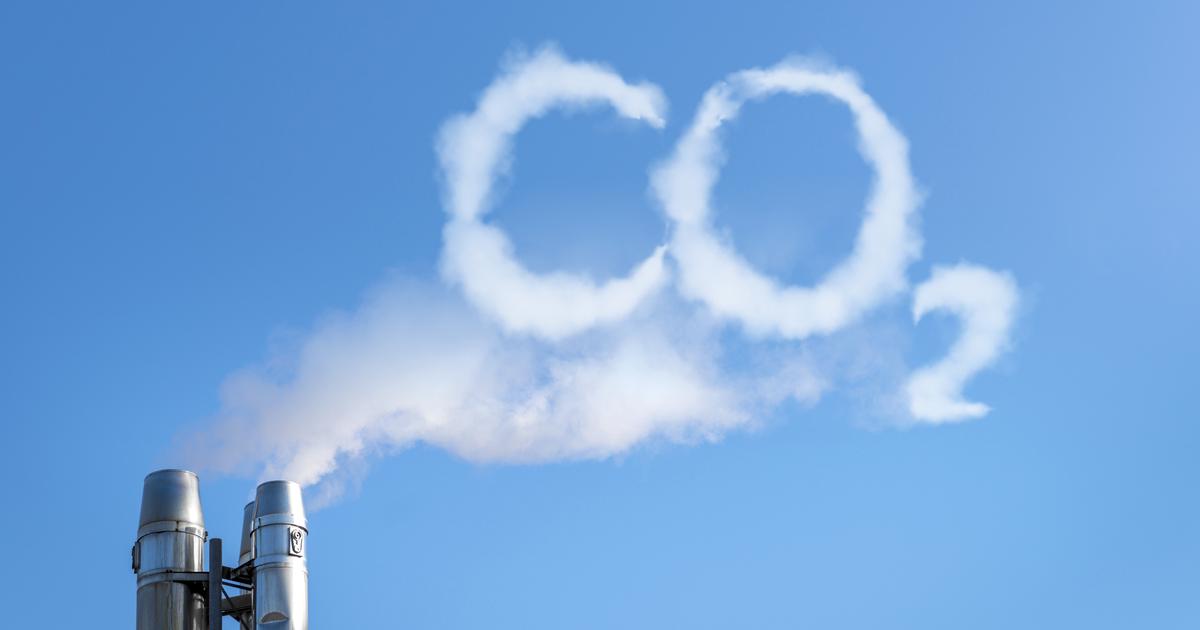China announced on Monday a rebound in its growth in the first quarter, by +4.8% over one year, despite “
significant challenges
” for the economy at a time when the confinement of Shanghai is heavily penalizing activity.
Although subject to caution, China's official GDP figure is still closely scrutinized given the country's weight in the global economy.
To discover
Taxes 2022: all about your tax return
This increase was widely anticipated.
A group of analysts polled by AFP expected a more moderate rebound (4.3%).
In the fourth quarter of 2021, the country's gross domestic product (GDP) had grown by 4% year on year.
Read alsoCovid fear in China weighs on global activity
The Chinese economy is facing "
significant challenges
", acknowledged a senior economic official at a press conference.
From one quarter to another, the growth of the Asian giant is up 1.3%, a rate lower than that of the October-December period (1.6%).
China, which had largely brought Covid-19 under control for two years, has been facing its worst epidemic outbreak since last month.
Several tens of millions of Chinese were confined in March in the technological metropolis of Shenzhen (south), and are still confined in the northeast of the country, the cradle of the automotive industry, as well as in Shanghai, the economic capital of the country.
Contrary to many countries that opt for cohabitation with the virus and lift restrictions, China continues to follow a zero Covid policy.
Consumption in the red
These measures seriously harm transport and supply chains and have brought many businesses to a standstill.
These difficulties came on top of those that had already weighed on the Chinese economy in recent months: sluggish consumption, regulatory tightening in several sectors such as real estate and technology, and uncertainties linked to Ukraine.
Read alsoIn Shanghai, the zero Covid strategy sows anger and doubt
In March, retail sales, the main indicator of household spending, fell 3.5% year on year, their biggest drop since April 2020, when the Asian giant was just starting to emerge from the first wave of the crisis. 'epidemic.
The lockdowns in March "
hit hard
" on consumer spending, especially in shops and restaurants, analyst Rajiv Biswas of IHS Markit (S&P Global) told AFP.
The consequences of the confinement in Shanghai in April will be “
significant
” on consumption, warns Rajiv Biswas, arguing that its inhabitants have the highest disposable income in China.
For its part, industrial production only increased by 5% over one year last month, against 7.5% over the first two months of the year.
Read alsoShanghai containment marks the failure of China's anti-Covid strategy
The unemployment rate rose to 5.8% in March from 5.5% in January and February.
Particularly monitored by the authorities and calculated for urban dwellers only, the unemployment rate had reached an absolute record of 6.2% in February 2020, at the height of the epidemic, before receding.
As for fixed capital investment, its growth slowed down over the first three months of the year to 9.3% against 12.2% at the end of December, according to the SNB.
"
Headwinds
"
Beijing has set itself the target of an increase in GDP "
of about 5.5%
" this year, which would be for China its slowest growth rate since the beginning of the 1990s, apart from the year 2020 marked by the first wave of Covid.
In view of the context, this objective now seems “
unattainable
”, estimates in a note the economist Larry Hu, of the Australian asset manager Macquarie.









